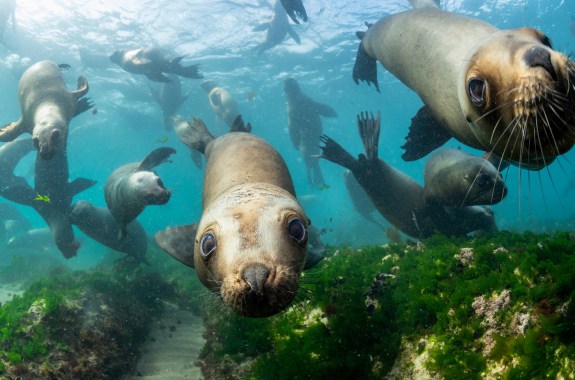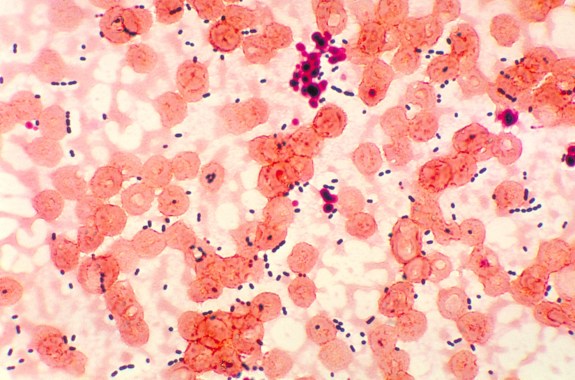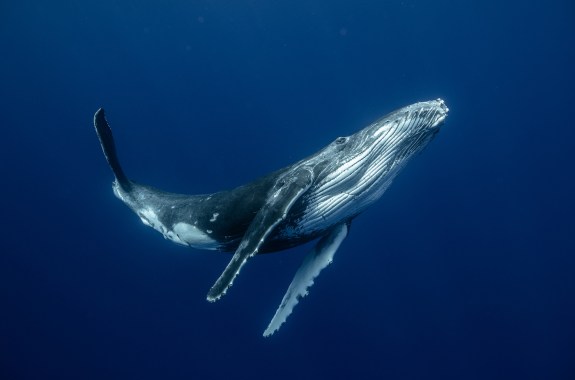Hackea tu cerebro para incrementar el enfoque y la atención
Explora las técnicas de mindfulness agudizarán tu concentración, aumentarán tus periodos de atención y mejorarán tu habilidad para concentrarte.
Recompensas y neurotransmisores: cómo los juegos afectan tu cerebro
Descubre las maneras en las que el sistema de recompensa de juegos, rompecabezas y salas de escape pueden alentar comportamientos positivos o negativos.
9:55
Why There Won’t Be A Superbloom This Year
What’s the difference between wildflowers blooming in the desert each spring, and the rare phenomenon of a “superbloom”?
17:09
Swimming Sea Lions Teach Engineers About Fluid Dynamics
Understanding how sea lions move through water could help engineers design better underwater vehicles.
12:16
Why This NASA Satellite Is Studying Plankton
NASA’s new PACE satellite will study how these tiny creatures could affect Earth’s climate, and how aerosols influence air quality.
17:05
The Legacy Of Primatologist Frans de Waal
Dr. Frans de Waal, who died this month, helped humans understand the emotional lives of our closest living animal relatives.
16:54
Botanical Rescue Centers Take In Illegally Trafficked Plants
The U.S. Botanic Garden is one of 62 locations across the United States that rescue endangered species poached in the wild.
12:13
The Genetic Roots Of Antibiotic Resistance
A survey of soil and animal poop samples from around the world identified 18 new species of Enterococcus bacteria.
Hack Your Brain: Unlock The Science Of Your Mind
Unlock kids’ brain power with a free puzzles, exciting trivia, hands-on activities, and live experiences with experts!
12:08
Whale Song Is All In The Larynx
Researchers are working to understand just how baleen whales are able to produce their haunting songs.









